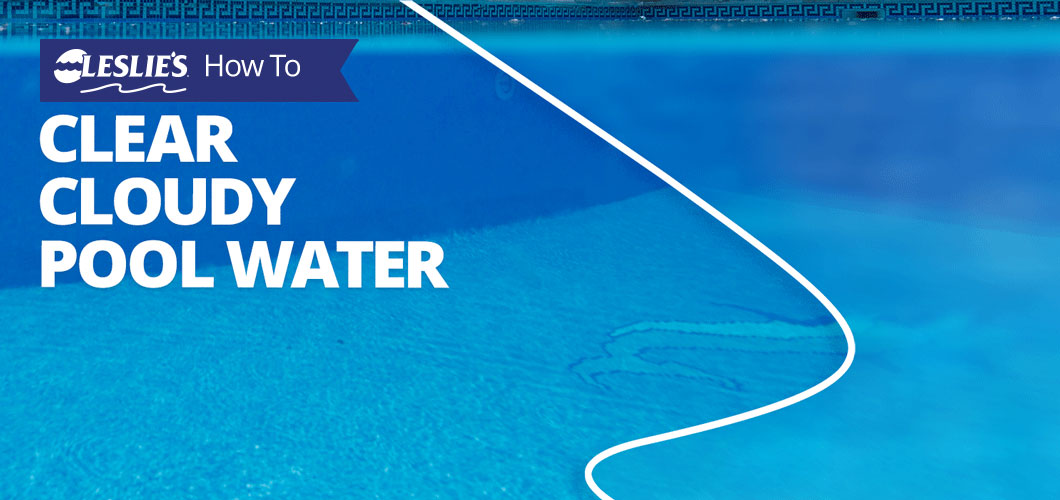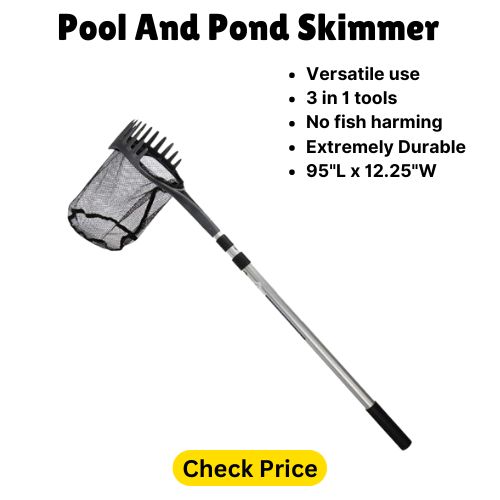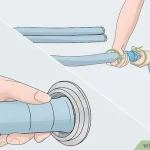Having a crystal-clear pool is the dream of every pool owner. However, cloudy pool water can be a frustrating and common problem. The good news is that with the right approach, you can clear up cloudy pool water and restore your pool to its sparkling best. In this guide, we’ll explore the causes of cloudy pool water and provide you with effective solutions to get your pool water looking pristine again.

Credit: www.youtube.com
Causes of Cloudy Pool Water
Before addressing how to clear up cloudy pool water, it’s important to understand the potential causes. Cloudy water is often the result of poor water chemistry, insufficient filtration, or environmental factors. Common causes include:
- Imbalanced pH levels
- High levels of total dissolved solids (TDS)
- Insufficient chlorine levels
- Poor circulation and filtration
- Algae growth
- Environmental debris and contaminants
Steps to Clear Up Cloudy Pool Water
Now that we’ve identified some of the potential causes, let’s delve into the steps you can take to clear up cloudy pool water and restore your pool’s clarity:
1. Test And Balance The Water Chemistry
Start by testing the water chemistry using a reliable pool water testing kit. Focus on the pH, alkalinity, and chlorine levels. Adjust the pH to the recommended range of 7.4-7.6 and alkalinity to 80-120 ppm. Ensure that the free chlorine levels are within the ideal range of 1-3 ppm.
2. Shock The Pool
If the chlorine levels are low or there are signs of algae, shock the pool with a high dose of chlorine to kill off any contaminants. Follow the manufacturer’s instructions for the appropriate shock treatment based on the size of your pool.
3. Enhance Filtration And Circulation
Improving the filtration and circulation of your pool water is crucial for clearing up cloudy water. Run the pump and filter for an extended period, and consider using a pool clarifier to help trap and remove fine particles from the water.
4. Brush And Vacuum The Pool
Manually brushing the pool walls and floor can dislodge algae and debris, making it easier for the filtration system to capture and remove them. Follow up with thorough vacuuming to eliminate any loosened particles from the pool.
5. Backwash The Filter
If you have a sand or DE (diatomaceous earth) filter, backwashing is essential to remove trapped debris and contaminants. Follow the manufacturer’s guidelines for the correct backwashing procedure.
6. Use A Pool Flocculant (optional)
If the cloudiness persists despite filtration and chemical adjustments, consider using a pool flocculant. This product can help clump together fine particles, making it easier to remove them through vacuuming or filtration.
7. Regular Maintenance And Prevention
Preventing cloudy pool water is as important as clearing it up. Maintain proper water chemistry, regularly clean the pool and filter, and remove debris to prevent future cloudiness. Consider using a weekly pool maintenance schedule to stay on top of these tasks.

Credit: lesliespool.com
Benefits of Clear Pool Water
Enjoying a pool with clear and sparkling water offers numerous benefits, including:
- Enhanced aesthetics and visual appeal
- Improved water clarity for safer swimming
- Optimal chemical balance for better skin and eye comfort
- Reduced risk of algae and bacterial growth
- Increased longevity of pool equipment and surfaces
Conclusion
Cloudy pool water is a common issue, but with the right approach, it can be effectively addressed. By understanding the causes and following the steps outlined in this guide, you can clear up cloudy pool water and maintain a pristine swimming environment. Remember, regular maintenance and proactive water care are key to preventing cloudy water in the future. With these tips, you can enjoy a crystal-clear pool all season long.





